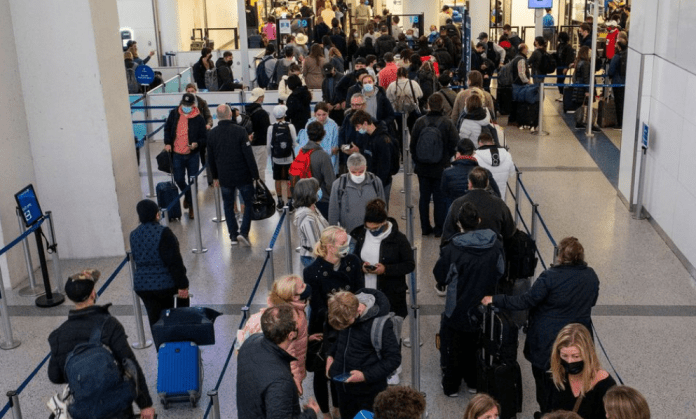During its weekly meeting on Monday, the Council of Ministers decided to remove most of the restrictions related to the COVID-19 health crisis, effective as of Sunday 20 February. The decision signals the official start to the return of normalcy in the social, economic and cultural life of the country.
The decision follows a presentation from the Higher Council on Coronavirus Emergency that recommended the scrapping of most restrictions based on assessment of the latest epidemiological situation in the country with regard to the number of daily infections, hospitalizations, recoveries and fatalities, as well as increase in number of vaccinated people, as reported by the coronavirus epidemiology monitoring committee at the Ministry of Health.
Accordingly, the cabinet, headed by His Highness the Premier Sheikh Sabah Khaled Al-Hamad Al-Sabah, agreed on canceling social distancing rules in mosques, public transport, cinemas, theaters, and banquet halls. It also ended the ban on in-person events such as conferences, training courses, weddings, funerals and others, according to a statement read out by Foreign Minister and Minister of Cabinet Affairs Sheikh Dr. Ahmad Nasser Al-Mohammad Al-Sabah following the cabinet meeting. The statement also noted that though the cabinet decision is effective as of 20 February, public sector offices will return to full work capacity only as of Sunday, 13 March.
The cabinet also scrapped the restrictions that did not allow unvaccinated people to travel abroad, or enter malls and shopping centers, as well as canceled the need for weekly PCR tests for unvaccinated under 16-years-old students wishing to attend classes in person.
It also restricted quarantine requirement only for students whose PCR test came positive or those who showed virus symptoms.
The cabinet also removed the requirement for pre-departure, post-arrival PCR test and home quarantine requirements for arrivals who got three shots of the Kuwaiti-authorized vaccines. Moreover, those who arrive in Kuwait after receiving two doses of the vaccine, will need to quarantine only for seven days after entering the country, and they can end the quarantine at any time if they present a negative PCR test.
However, unimmunized arrivals will have to submit a certificate of a negative PCR test conducted within 72 hours before the departure and must quarantine at home for seven days and conduct a PCR test after the end of the quarantine period affirming that they are not infected.Unvaccinated young arrivals, who are under 16 years old, are exempted from these tests and quarantine measures.
The cabinet encouraged arrivals to get rapid antigens tests after entering the country if they had symptoms. If the result was positive they would have to conduct a PCR test. The new decision also divides vaccinated people into two groups: fully vaccinated and not-fully vaccinated people: fully vaccinated people are those who took three shots of one of vaccines authorized in Kuwait; those who took the second shot less than nine months ago; and those who recovered from an infection in the past three months.
Not fully vaccinated people are those two who received two doses of the vaccine more than nine months ago. The cabinet decision also identifies unvaccinated people as those who did not take two shots of the vaccines authorized in Kuwait.
















